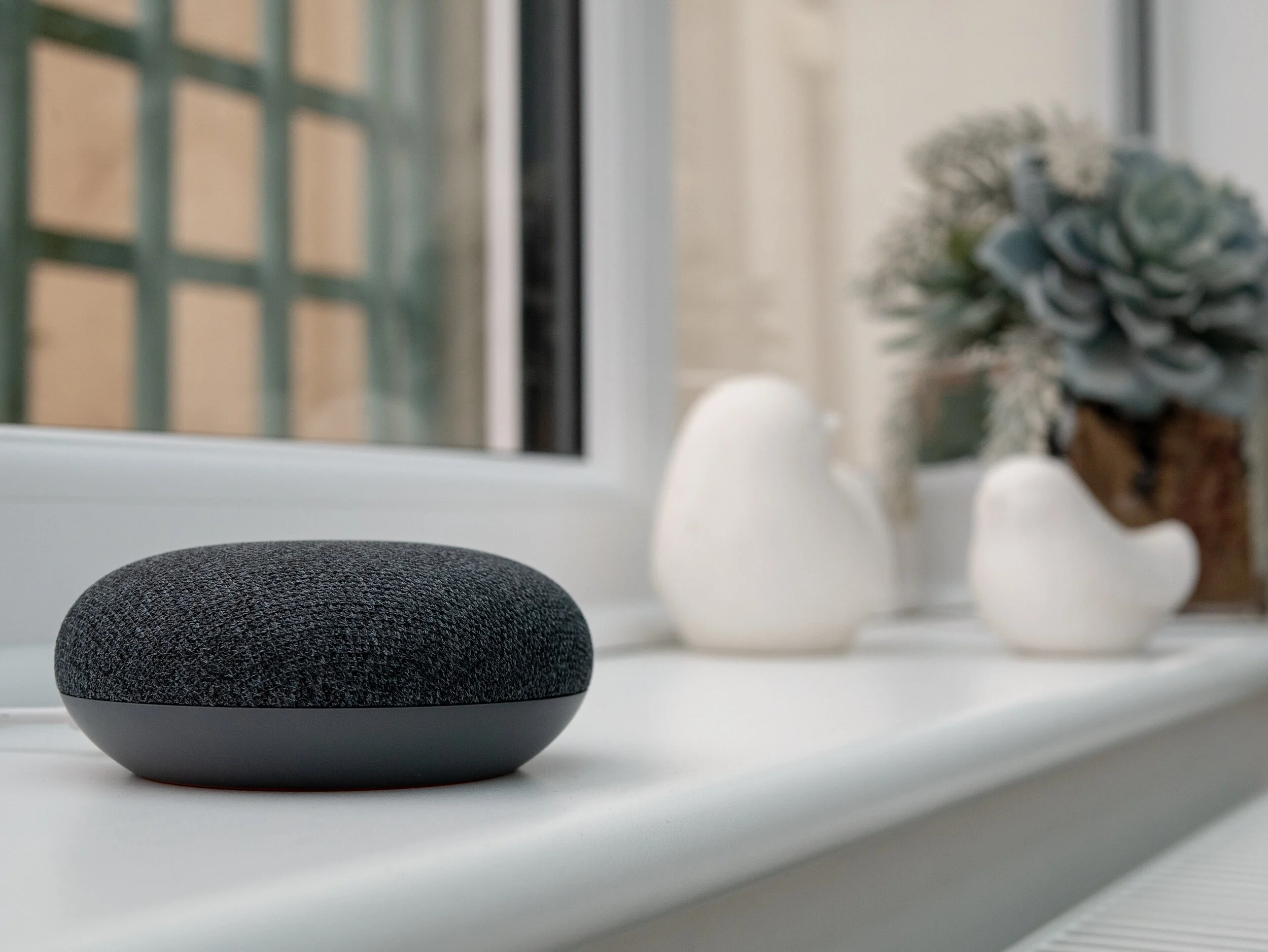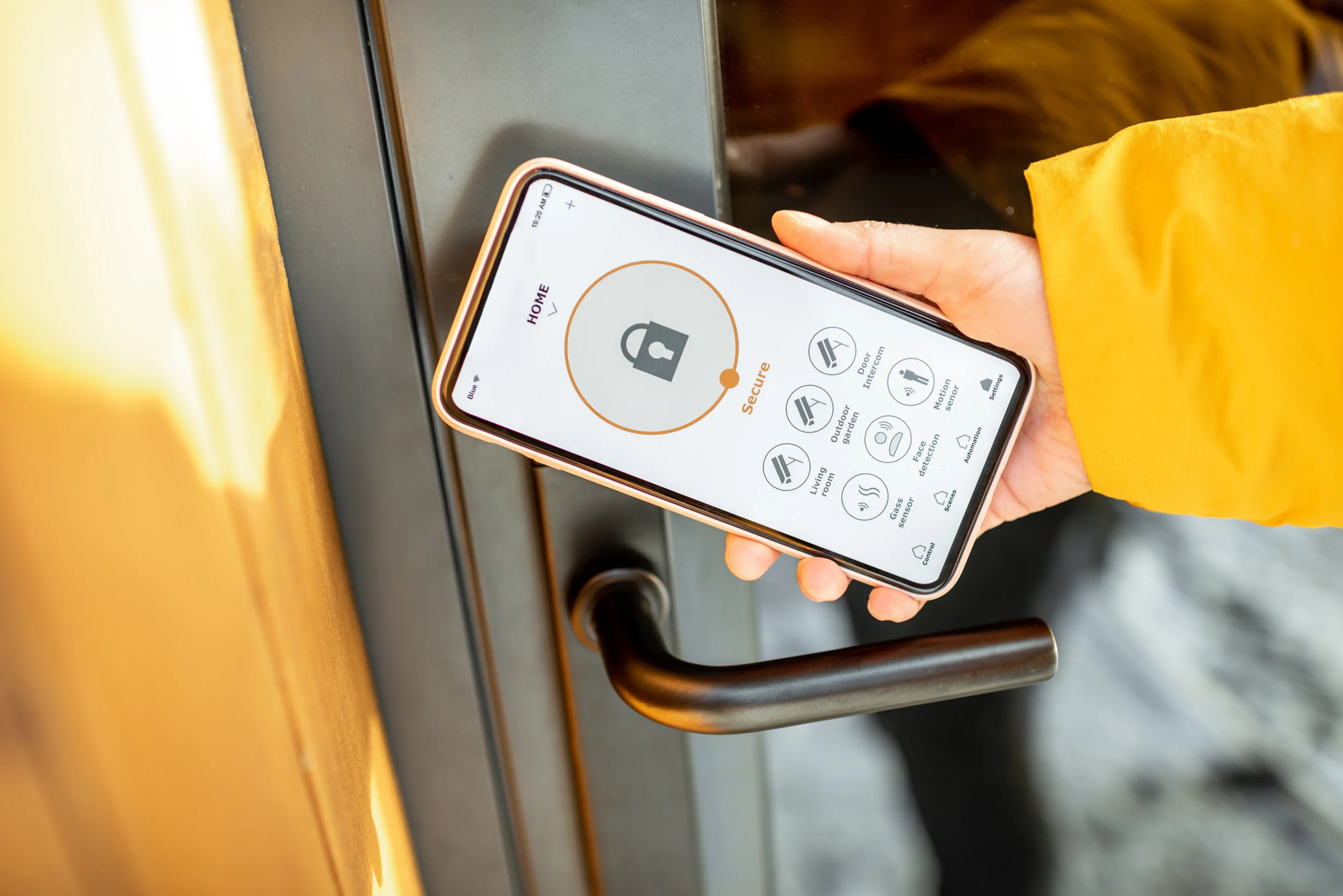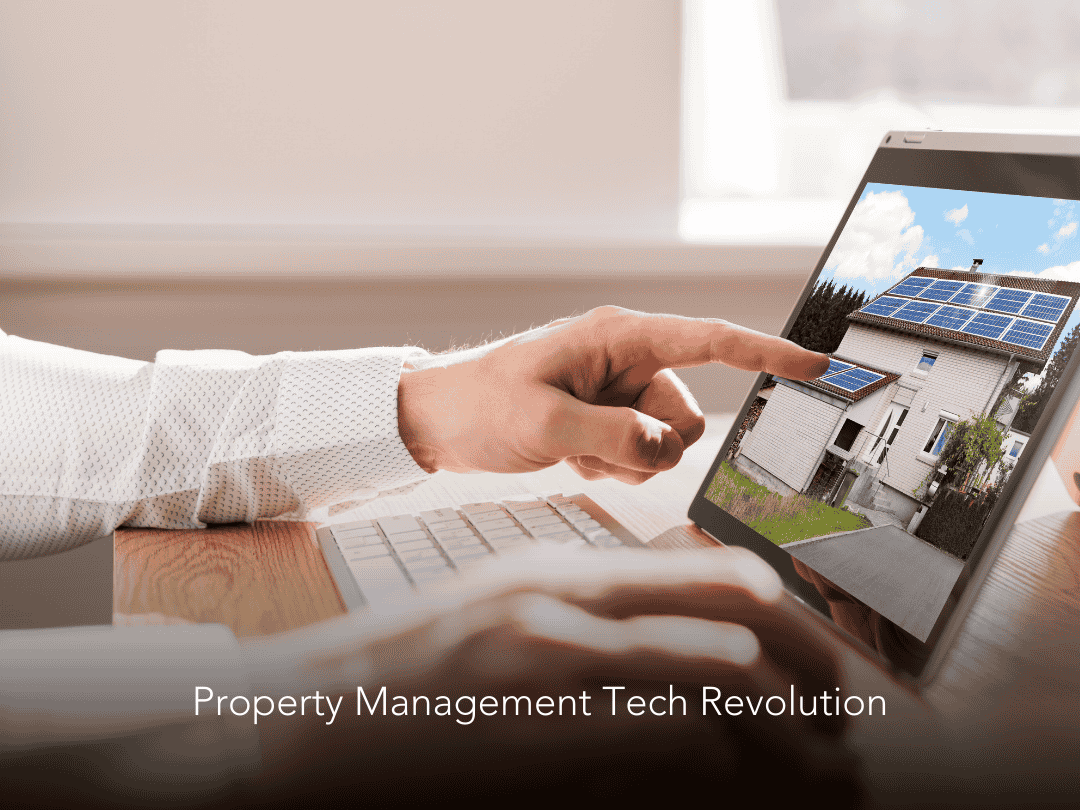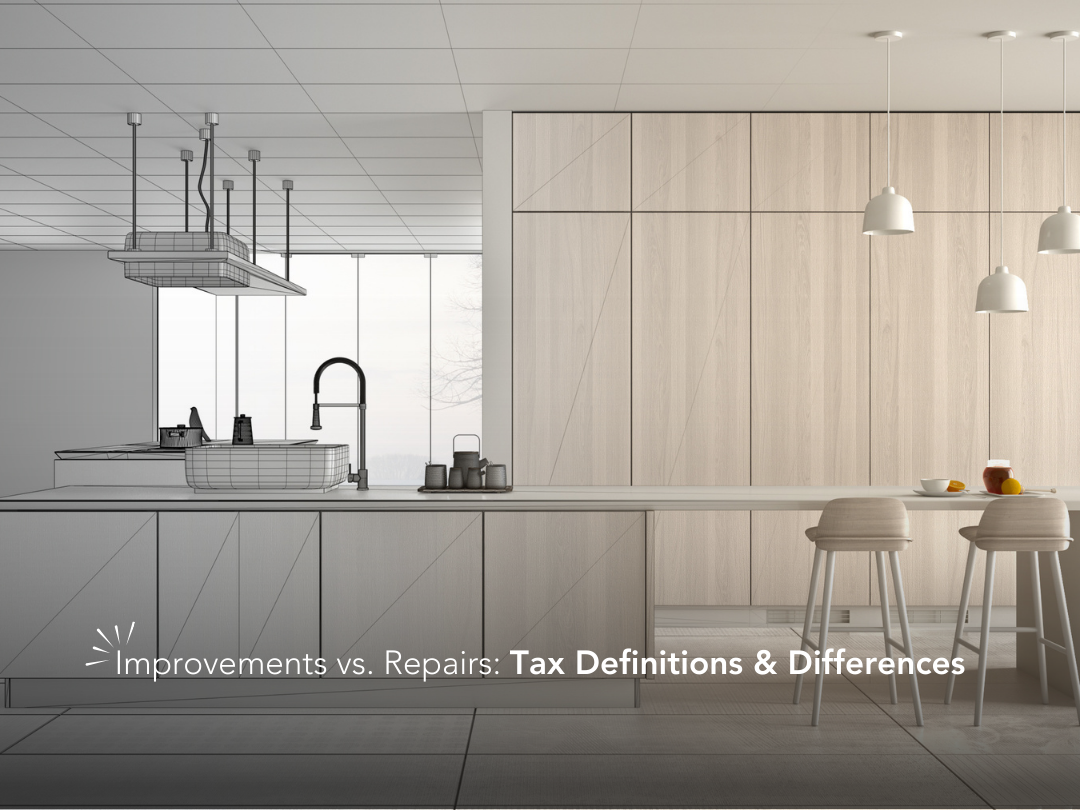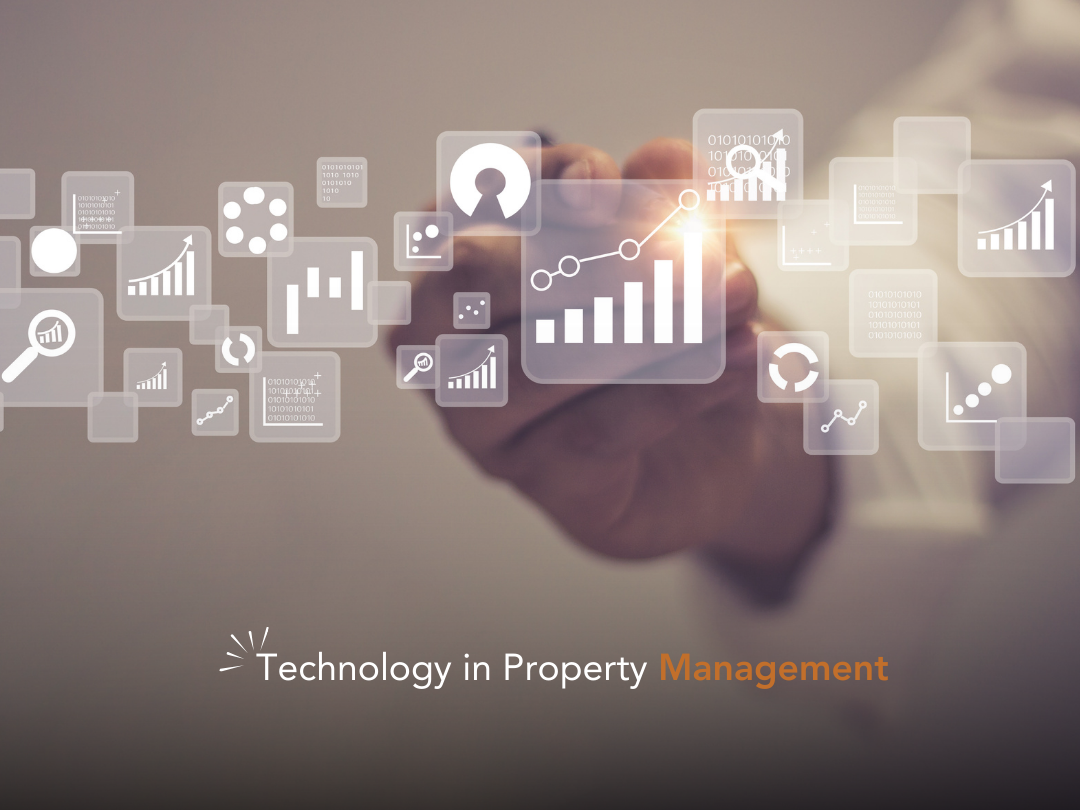With the rise of smart home and digital assistant devices, comes a revolution in home connectivity. However, what most homeowners fail to consider is how these devices impact their data privacy.
From home security alarms to even smart refrigerators, our data devices represent a cybersecurity risk. With so many places where our data is gathered, it helps understand how you can protect your own privacy.
Here, we explore the vulnerabilities of data and what you can do to protect your own privacy. Here's what you should know.
Data Vulnerabilities
The Internet of Things (IoT) is the name for smart devices and the networks on which they operate. Increasingly, we are using these devices in our homes. For example, Amazon’s Alexa is a smart home assistant connected through IoT that allows for both convenience for users and data collection on the part of marketing algorithms.
IoT is a powerful and lucrative tool. However, most consumers want to ensure their data security and privacy, and IoT can make that difficult.
That’s not to say that IoT smart devices should be avoided. These tools can help us manage our energy use, grocery shopping, home security, and more through monitoring certain areas of the home. IoT home security can tell us which doors are open and when, what lights are on, and even where energy is being used in the home.
In maximizing the efficiency of your space, these data points are invaluable. But you also wouldn’t want them in the wrong hands. That’s why a comprehensive approach to data security should always be taken when running a smart home.
What to Avoid
Managing cybersecurity isn’t always a simple task. It requires an awareness of where breaches may occur as well as an active ability to monitor potential access points. For you as the owner of a smart home, this mostly comes down to avoiding the kinds of products and situations that could put your home at risk.
For example, smart locks that allow us to forgo carrying an easily-forgotten set of keys can also reveal too much data without the right encryption. Smart locks can tell a network what locks are engaged and from where they’ve been engaged, meaning an observer could potentially determine whether or not someone is in the home. Avoid smart locks that do not come with thorough and proven encryption methods.
Additionally, the effectiveness of IoT cybersecurity is highly dependent on its relevance. Older tech has had more opportunities for cybercriminals to find flaws in the system, particularly when it hasn’t been updated with the latest patches. Avoid letting your systems get out of date by scheduling frequent update checks.
By avoiding insecure products and outdated tech, you can better protect your data privacy. Then, by taking some additional preemptive steps, you can ensure you only share the data you want to be shared.
What to Do
While you can never 100% guarantee the security of your virtual information, taking the proper steps can help keep you and your household safer. Start your comprehensive approach to cybersecurity by verifying that your smart products are up to cybersecurity standards before you even purchase.
Then, the following actions will help:
Find out about how your data is being stored and where, as well as what data is being recorded from each device.
Read user terms and conditions.
Change default device passwords to something secure and change them again intermittently.
Always keep device firmware and software up to date.
Wipe all memory off a device before getting rid of it.
These simple actions can play a large role in how much of your data remains private. Even a simple read-through of terms and conditions can give you a better idea of what is being shared and what isn’t, allowing you to make informed product decisions. With a plan in place for data privacy, your smart home systems can offer all the benefits with fewer drawbacks.
For more information on real estate investment and property management, contact 208.properties or find us on social media.


